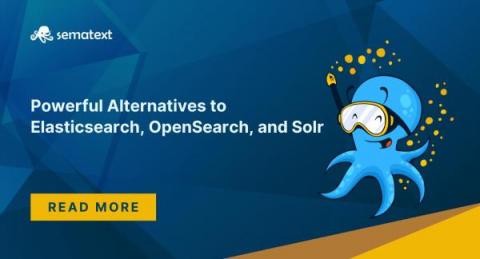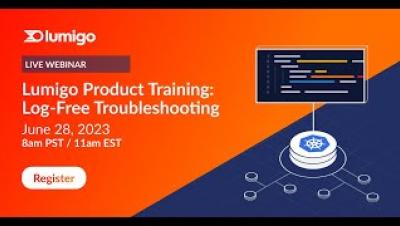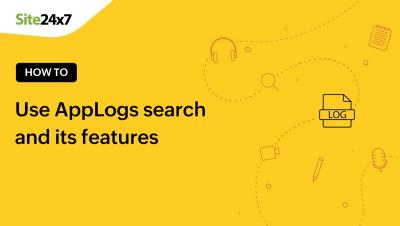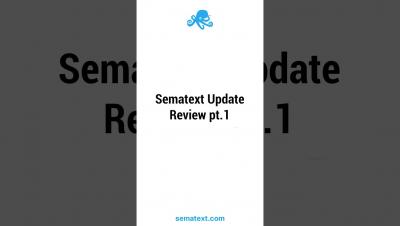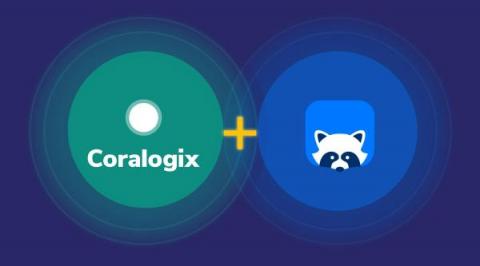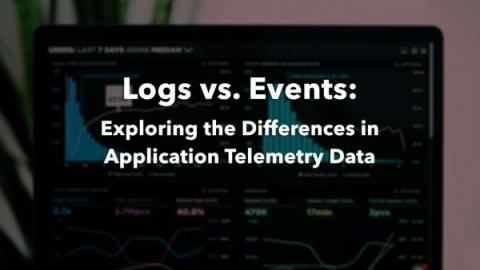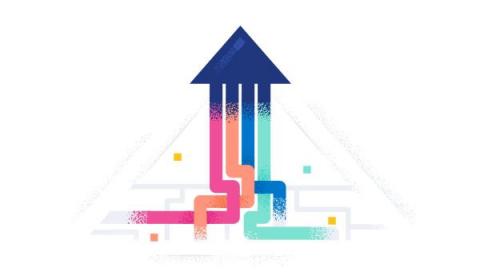11 Small Search Platforms: Powerful Alternatives to Elasticsearch, OpenSearch, and Solr
In the ever-evolving world of search engines, Elasticsearch, OpenSearch, and Solr have long held the spotlight. However, there are several smaller search platforms that pack a punch and offer compelling alternatives. In this article, we will explore 11 small search platforms, delving into their major features, pros, and cons.


